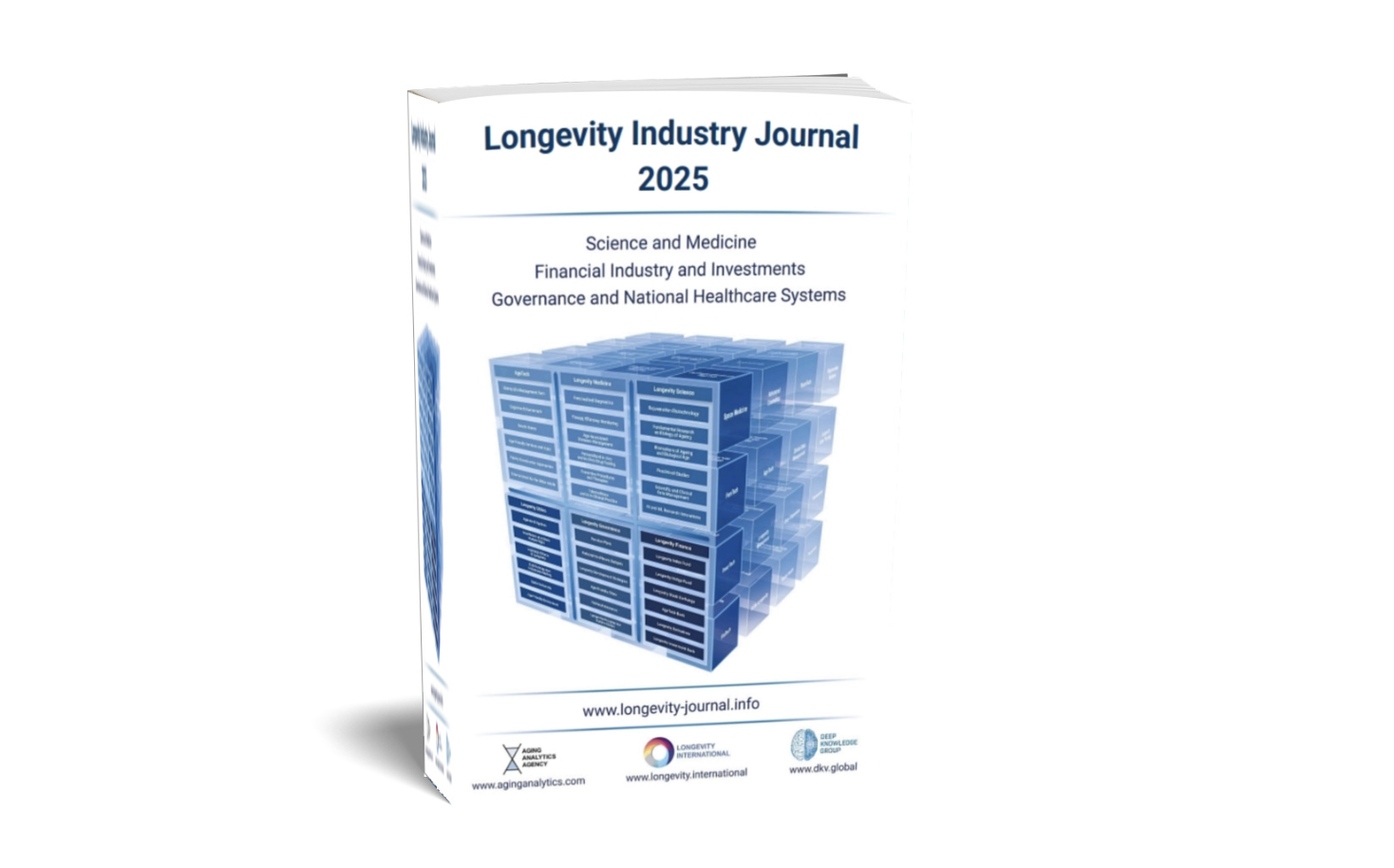- Longevity Journal

- Sep 24, 2025
- 4 min read
The rapid evolution of the Longevity Industry presents profound opportunities to extend human lifespan and improve quality of life. However, these advancements raise significant ethical and governance challenges that need to be addressed to ensure that the benefits of Longevity Industrialization are equitably shared and that its impact is socially responsible. As technologies like AI, biotechnology, and genetic engineering reshape our understanding of aging and health, it is critical to establish clear frameworks for governance, ethics, and inclusivity.

The Need for Transparent, Inclusive Governance
One of the most pressing issues in the Longevity Industry is ensuring equitable access to longevity technologies. While these innovations have the potential to vastly improve the quality of life for many, there is a real concern that they could exacerbate inequality if access is restricted to certain populations or countries.
Governments, corporations, and global organizations must implement transparent governance structures that promote fair access, particularly for marginalized groups. Longevity governance will require active collaboration between policy makers, scientists, ethicists, and the public to ensure that technologies are not only advanced but also regulated to prevent their misuse. A crucial part of this governance will be addressing how societal access to these life-extending technologies is distributed and ensuring that they do not become tools for exploitation.
Ethical Concerns: Ageism, Accessibility, and Societal Implications
As longevity technologies extend the human lifespan, they also raise significant ethical questions:
Ageism: Longer lifespans may challenge traditional views of aging. In societies where ageism still prevails, there is the risk of deepening prejudices against older populations, even as technology provides tools to keep them healthier for longer. The challenge will be to ensure that technological advancements do not reinforce stereotypes of age-related obsolescence or marginalization but instead are seen as a natural progression of human life.
Accessibility: As with any technological advancement, accessibility is a major concern. Longevity technologies—especially those at the cutting edge, like gene editing or advanced regenerative medicine—can be prohibitively expensive and thus out of reach for most people. Ethical governance requires that affordability and accessibility be central considerations, ensuring that these innovations benefit not just the wealthy but society at large.
Societal Implications: The ability to extend lifespan brings societal changes that go beyond the individual. How do we adjust economic systems to accommodate people living longer and possibly working well into their 80s and 90s? What will happen to pension systems, healthcare, and workforces? The Longevity Industrialization megatrend could shift generational roles, social systems, and intergenerational equity. These issues will need to be tackled with thoughtful policies and frameworks that balance the promise of extended lifespans with the need for intergenerational equity.
The Role of Longevity Technocracy and Policies
As the Longevity Industry grows, it will require strong leadership and governance to ensure that its developments are directed toward socially beneficial outcomes. This is where the concept of Longevity Technocracy comes in. A Longevity Technocracy would involve the leadership of experts—scientists, medical professionals, and technology innovators—who are tasked with guiding the Longevity Industry in a direction that benefits society as a whole.
Additionally, Longevity Policies—which are increasingly being adopted by governments around the world—will provide the legal and regulatory framework to ensure that Longevity technologies do not evolve unchecked. Governments and international bodies must create policies that encourage ethical innovation and collaboration, while also monitoring and regulating the industry to prevent misuse.
Longevity policies could include incentives for research and investment in longevity technologies that focus on public health, the elderly, and underrepresented populations. They will also need to focus on long-term concerns like economic sustainability and workforce adaptations as lifespans extend.
Addressing the Ethical Dilemmas of Human Enhancement
A particularly controversial area of Longevity Industrialization is the ethical consideration around human enhancement. Technologies such as genetic modification, neuro-enhancement, and AI-driven health interventions could potentially create divides between individuals who have access to them and those who do not.
The ethical questions here include concerns about the augmentation of human abilities through AI or gene editing. These innovations could blur the lines between natural human life and technologically enhanced life. What are the societal implications of a person living significantly longer, healthier, and more productive lives because of such enhancements? Should we allow these technologies to be used for superior cognitive abilities or physical strength? And if so, who should have access to these enhancements, and how do we ensure they are used responsibly?
The ethics of enhancement must be carefully considered in any Longevity governance framework, with an emphasis on equity, freedom of choice, and societal good.
Building a Sustainable, Ethical Future for Longevity
The Longevity Industry offers unprecedented potential to extend life and improve health on a global scale, but with these advances come significant ethical and governance challenges. To ensure that the benefits of longevity technologies are distributed fairly and responsibly, inclusive governance and transparent ethical frameworks are essential. This means ensuring equitable access to technologies, protecting against ageism, and addressing the societal and economic implications of longer life.
Longevity Technocracy and forward-thinking Longevity Policies will play a key role in guiding this new industry toward a future that is both innovative and ethical. In doing so, they will ensure that Longevity Industrialization can benefit not just individuals, but society at large, fostering a world where longer, healthier lives are accessible to all.
Comments